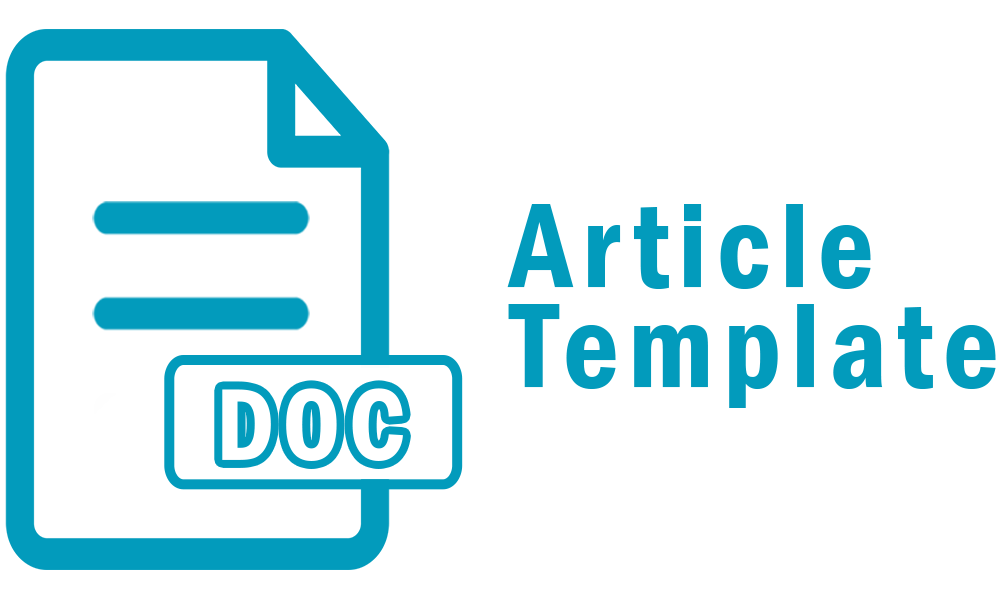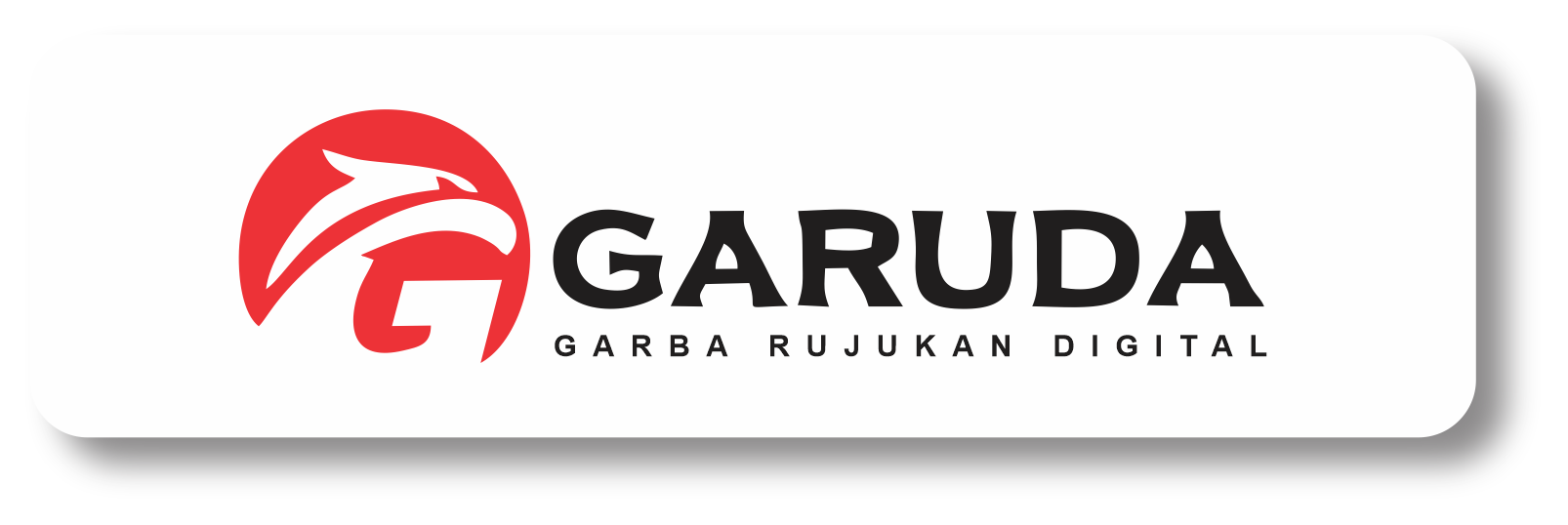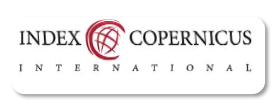OPTIMALISASI KINERJA LEMBAGA AMIL ZAKAT MELALUI STANDAR MUTU ISO 9001
DOI:
https://doi.org/10.22515/finalmazawa.v1i1.2366Keywords:
Optimalisasi Kinerja, Lembaga Amil Zakat, Standar Mutu Iso 9001Abstract
Quality management in organizations becomes a necessity to improve performance and quality standards that have been set. Quality standards can be achieved when the organization has obtained ISO 9001 certification. This study aims to examine how the application of ISO 9001 quality standards in zakat and waqf institutions and how organizational performance can be optimized through the study of several journal articles related to ISO 9001 implementation and its role in improving performance in zakat and wakaf institutions which are expected to be amil zakat and wakaf institutions to be more optimal, efficient, quality and standardized. This study uses qualitative research, with primary and secondary data sources that fit this study. The results showed that the implementation of a quality management system in accordance with ISO 9001 standards in zakat institutions was able to produce performance improvements that were measured through the satisfaction of muzakki and all levels of stakeholders as well as financial aspects and sustainable business processes. muzakki is able to encourage improvement in organizational governance that is good corporate governance.
Â
Manajemen mutu dalam organisasi menjadi kebutuhan guna meningkatkan kinerja dan standar mutu yang telah ditetapkan. Standar mutu dapat dicapai ketika organisasi telah memperoleh sertifikasi ISO 9001. Penelitian ini bertujuan untuk mengkaji bagaimana penerapan standar mutu ISO 9001 dalam lembaga zakat dan wakaf serta bagaimana kinerja organisasi dapat dioptimalkan melalui kajian beberapa artikel jurnal terkait dengan implementasi ISO 9001 dan perannya dalam peningkatan kinerja pada lembaga zakat dan wakaf yang diharapkan lembaga amil zakat dan wakaf menjadi lebih optimal, efisiensi, yang berkualitas dan terstandar. Penelitian ini menggunakan penelitian kualitatif, dengan sumber data primer dan Skunder yang sesuai penelitian ini. Hasil penelitian menunjukkan bahwa penerapan sistem manajemen mutu sesuai dengan standar ISO 9001 dalam lembaga zakat mampu menghasilkan peningkatan kinerja yang diukur melalui kepuasan muzakki dan seluruh jajaran stakeholder serta aspek finansial serta proses bisnis yang berkelanjutan, Lembaga zakat yang memfokuskan pada stakeholder serta peningkatan layanan kepada mustahik dan muzakki mampu mendorong peningkatan tata keola organisasi yang bersifat good corporate governance.
Downloads
References
Basir, S. A., Abdul Ghani Azmi, I., Syed Ismail, S. H., Ibrahim, P., & Mohamed, H. A. (2017). Malaysian Islamic quality management system MS1900: An implementation steps at Malacca Zakat Center. Humanomics, 33(2), 239-254.
Beik, I. S., & Irawan, T. (2018). Analysis of Zakat Performance of Central Java Province. International Journal of Zakat, 3(2), 17-28.
Besterfield, D. H., Besterfield-Michna, C., Besterfield-Sacre, M., Besterfield, G. H., & Urdhwareshe, H. (2011). Total Quality Management: For Anna University. Pearson Education India.
Chiarini, A. (2015). Effect of ISO 9001 non-conformity process on cost of poor quality in capital-intensive sectors. International Journal of Quality & Reliability Management, 32(2), 144-155.
Drosos, D., Skordoulis, M., Chalikias, M., Kalantonis, P., & Papagrigoriou, A. (2017). The impact of ISO 9001 quality management system implementation in tourism SMEs. In Tourism, Culture and Heritage in a Smart Economy (pp. 145-157). Springer, Cham.
Fadilah, S., Lestari, R., & Nurcholisah, K. (2016). Construction of a Performance Assessment Model for Zakat Management Institutions. Mimbar: Jurnal Sosial dan Pembangunan, 32(2), 435-445.
Hasan, S. (2012). Implementasi Total Quality Management dalam Pengelolaan Wakaf di Dompet Dhuafa. AHKAM: Jurnal Ilmu Syariah, 12(1).
Heras-Saizarbitoria, I., Arana, G., & Boiral, O. (2015). Do ISO 9001-certified hotels get a higher customer rating than non-certified ones?. International Journal of Hospitality Management, 51, 138-146.
Hoyle, D. (2017). ISO 9000 Quality Systems Handbook-updated for the ISO 9001: 2015 standard: Increasing the Quality of an Organization’s Outputs. Routledge.
Ingason, H. T. (2015). Best project management practices in the implementation of an ISO 9001 quality management system. Procedia-Social and Behavioral Sciences, 194, 192-200.
Iwaro, J., & Mwasha, A. (2012). The effects of ISO certification on organization workmanship performance. Quality Management Journal, 19(1), 53-67.
Kiran, D. R. (2016). Total quality management: Key concepts and case studies. Butterworth-Heinemann.
Lubis, D., Hakim, D. B., & Putri, Y. H. (2018). Mengukur Kinerja Pengelolaan Zakat di Badan Amil Zakat Nasional (BAZNAS). JEBI (Jurnal Ekonomi dan Bisnis Islam), 3(1), 1-16.
Munawar, W., & Qomaruddin, S. (2016). Implementasi sistem manajemen mutu ISO 9001: 2008 di Badan Amil Zakat Nasional. JURNAL SYARIKAH: JURNAL EKONOMI ISLAM, 2(1).
Nikmatuniyah, N., & Marliyati, M. (2015, November). Manajemen Strategis Pengelolaan Zakat Lembaga Amil Zakat Infak Dan Shodaqoh Baiturrahman (Lazisba) Semarang. In Prosiding Sentrinov (Seminar Nasional Terapan Riset Inovatif) (Vol. 1, No. 1, pp. 563-578).
Nikolay, I. (2016). A study on optimization of nonconformities management cost in the quality management system (QMS) of small-sized enterprise of the construction industry. Procedia Engineering, 153, 228-231.
Noor, A. H. M., Rasool, M. S. A., Rahman, R. A., Yusof, R. M., & Ali, S. M. (2012). Assessing Performance of Nonprofit Organization: A Framework for Zakat Institutions. British Journal of Economics, 5, 1.
Ochieng, J., Muturi, D., & Njihia, S. N. (2015). The impact of ISO 9001 implementation on organizational performance in Kenya. The TQM Journal, 27(6), 761-771.
Othman, Y., & Fisol, W. (2017). Islamic religiosity, attitude and moral obligation on intention of income zakat compliance: Evidence from Public Educators in Kedah. Journal of Academic Research in Business, 7(2), 726-736.
Psomas, E., & Antony, J. (2015). The effectiveness of the ISO 9001 quality management system and its influential critical factors in Greek manufacturing companies. International Journal of Production Research, 53(7), 2089-2099.
Rahman, A., Alias, M. H., & Omar, S. M. N. S. (2012). Zakat institution in Malaysia: Problems and issues. Global Journal of Al-Thalaqah, 2(1), 35-42.
Rehat, A., Hamid, S., Ridzuan, M. N., & Cheong, C. B. (2016). Enhancing Organization Performance Through The Implementation Of Ms1900: 2005. Journal of Technology Management and Business, 3(1).
Retnowati, D. (2018). The Performance and Efficiency of Zakat Institutions in Jambi. International Journal of Zakat, 3(2), 29-40.
Sanusi, S. W. S. A., Tajuddin, T. S., FikhriahTakril, N., Syirazi, S., & Affandi, S. H. War 14 Successfulness Of 5s Practices And Quality, Productivity And Innovative Team: Achievement Of Tqftm In Zakat Institution.
Sıtkı İlkay, M., & Aslan, E. (2012). The effect of the ISO 9001 quality management system on the performance of SMEs. International Journal of Quality & Reliability Management, 29(7), 753-778.
Siva, V., Gremyr, I., Bergquist, B., Garvare, R., Zobel, T., & Isaksson, R. (2016). The support of Quality Management to sustainable development: A literature review. Journal of Cleaner Production, 138, 148-157.
Slamet, S. (2017). Implementasi Standar Manajemen Iso 9001: 2015 Pada Lembaga Amil Zakat (Laz) Nasional (Studi Nu Care-Lazisnu). Al-Idarah: Jurnal Manajemen dan Administrasi Islam, 1(1), 43-66.
Suryandari, E. (2013). Pengaruh Implementasi Pengendalian Intern, Pemanfaatan Teknologi Informasi, Dan Total Qualitymanagement Terhadap Penerapan Good Governance (Studi pada Lembaga Amil Zakat).
Suryaningtyas, R. (2018). Analysis of BAZNAS Tangerang District Performance. International Journal of Zakat, 3(2), 57-73.
Wahab, N. A., Rahman, A., & Rahim, A. (2012). Efficiency of Zakat Institutions In Malaysia: An Application of Data Envelopment Analysis. Journal of Economic Cooperation & Development, 33(1).
Zaki, M. (2017). Islamic Quality Management for Zakat Institution toward Strength of National Welfare.
Zimon, D. (2016). Influence of quality management system on improving processes in small and medium-sized organizations. Calitatea, 17(150), 61.
Downloads
Submitted
Accepted
Published
How to Cite
Issue
Section
License
Copyright (c) 2020 Nurkholish Majid

This work is licensed under a Creative Commons Attribution-ShareAlike 4.0 International License.




















